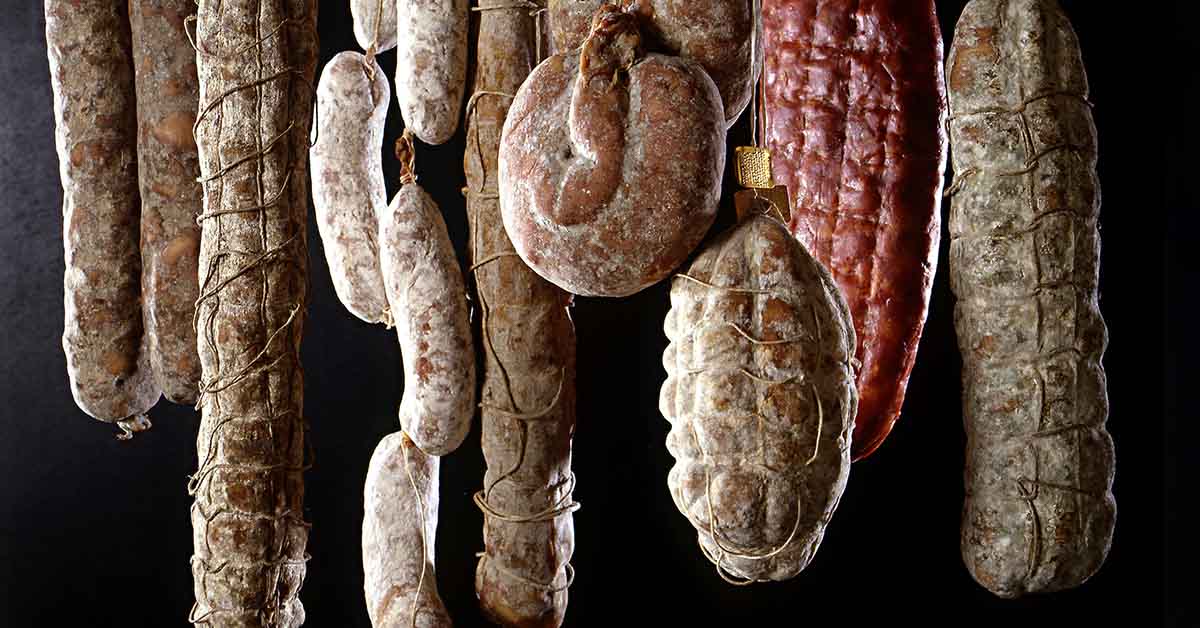Kidney disease and diabetes are complex health conditions that require meticulous management, especially when it comes to food. The kidneys serve multiple roles for the body, maintaining overall health, taking care of blood filtration, waste elimination, and blood pressure regulation. During all of this, diabetes significantly heightens the your kidney’s vulnerabilities, making it an easy target for kidney disease. Understanding which foods to avoid and which to eat for optimal kidney and diabetes management is crucial.1
1. Sodium
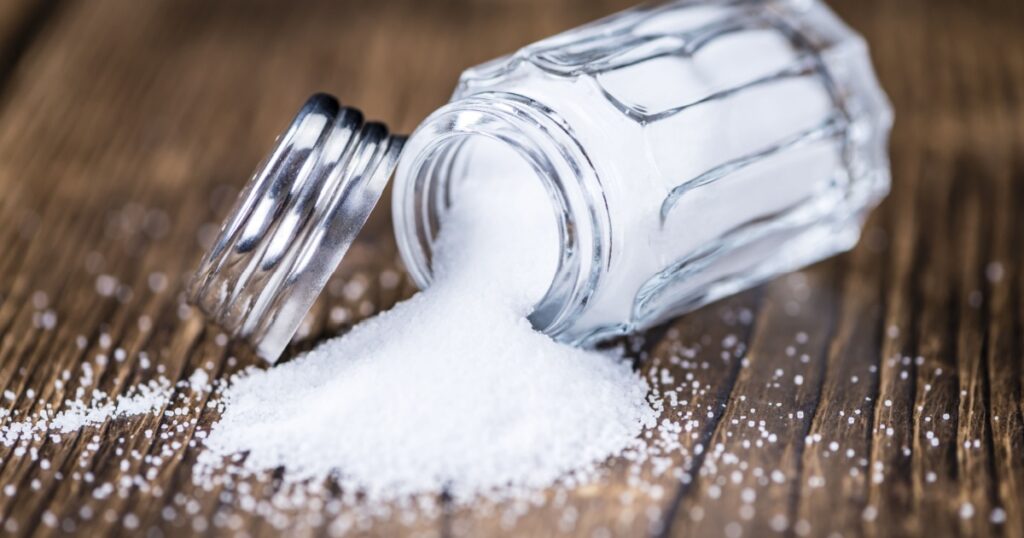
Ok this one we all already knew. Excessive sodium intake can significantly worsen kidney disease and diabetes by imposing extra strain on the kidneys. Extra salt = extra strain, extra strain = elevated blood pressure, elevated blood pressure = bad. Processed meats like bacon, sausage, and jerky are some of the chief culprits of high sodium consumption due to their extensive salting processes, but the list doesn’t stop there. Preservation methods aimed at enhancing flavor and prolonging shelf life come at the cost of high sodium content. Those with kidney disease and diabetes should try to show restraint in limiting the consumption of processed meats, instant noodles, frozen pizza, and fast food as they are often thoroughly laced with sodium.2 It’s delicious, yes, but try to limit the intake.
Read More: 6 Types of Medications That Can Potentially Harm Your Kidneys
2. Phosphorus
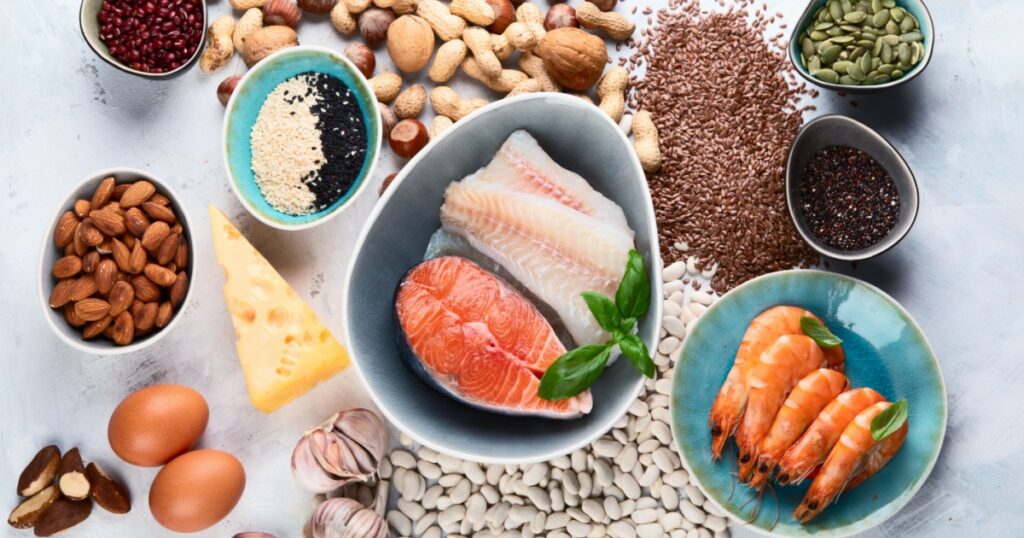
High levels of phosphorus in your bloodstream can pose considerable risks for individuals with kidney disease. Phosphorus specifically can lead to a heightened susceptibility to heart disease and weaker bones. Dark-colored sodas are notable sources of phosphorus, as they contain additives aimed at preserving color and flavor. These are your Cokes (yes all of them), Pepsis, Root Beer, Dr. Pepper, if it’s a dark cola, chances are it’s got phosphorus in it. Additionally, certain legumes like beans and lentils, while nutritious, contain higher amounts of phosphorus, requiring moderation in consumption. Research suggests that adopting plant-based diets, emphasizing other legumes, whole grains, nuts, and seeds for protein, may be beneficial in fighting the progression of chronic kidney disease.3
3. Potassium
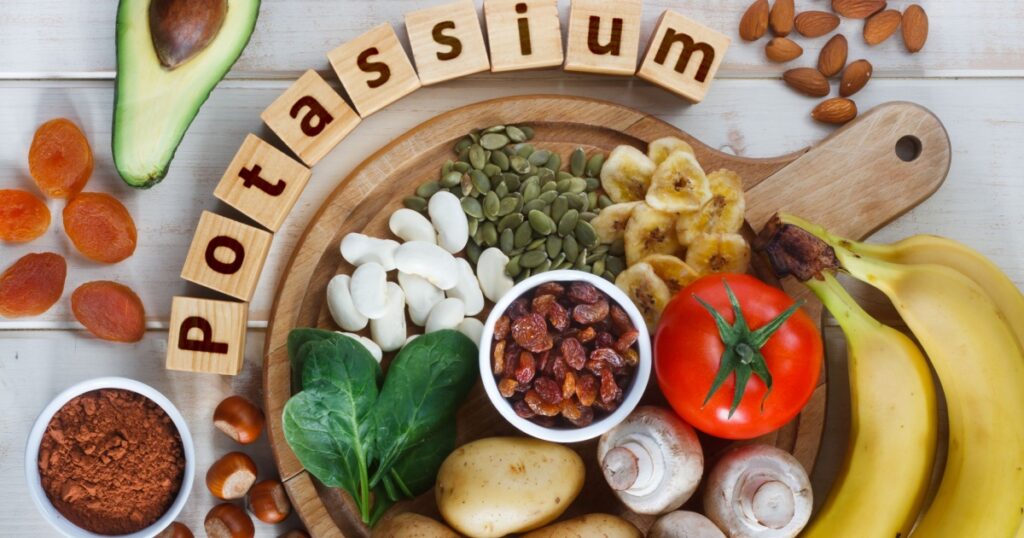
For individuals grappling with kidney disease, maintaining optimal potassium levels is imperative to avert a slew of potential complications, including cardiac irregularities and muscle weakness. High-potassium fruits such as bananas, avocados, apricots, kiwis, and oranges are notable offenders that may warrant restriction in the diet. Likewise, certain leafy green vegetables like spinach, chard, and beet greens boast significant potassium content, necessitating cautious consumption. Potatoes and sweet potatoes, while nutritious, also contain notable potassium levels. However, techniques such as soaking or leaching can substantially reduce their potassium content, rendering them more suitable for individuals with kidney disease.4
4. Added Sugar
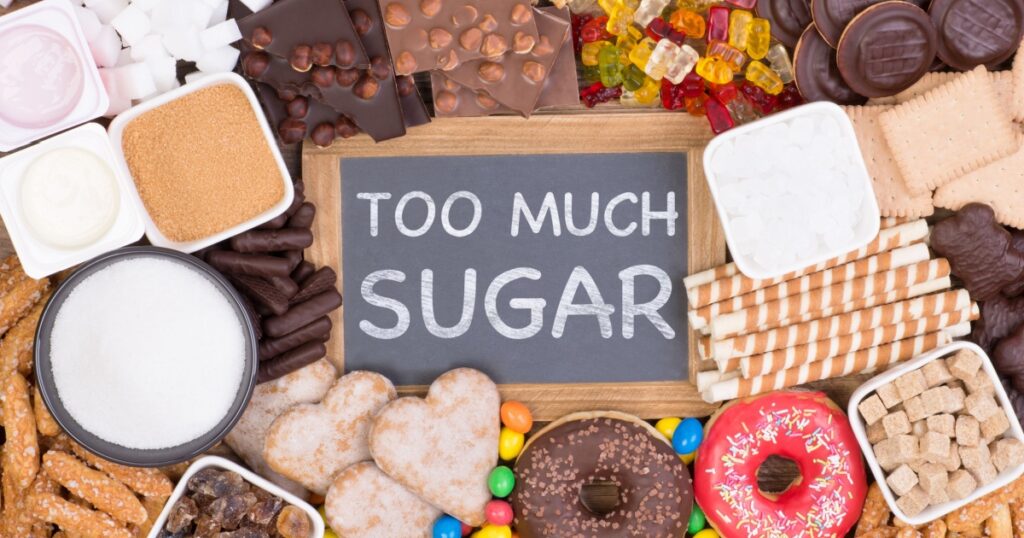
Sugars, the big one. Prevalent in sugary beverages and processed foods, sugar poses a grave risk to individuals contending with kidney disease and diabetes – possibly the highest risk. Sugars create rapid spikes in blood glucose levels, making diabetes complications worse and kidney damage worsen over time. Individuals should exercise restraint when possible in limiting sugar-sweetened beverages, baked goods, candies, and cookies. By lowering consumption, you can better manage blood sugar levels and safeguard kidney health.5 Be sure to check in with your doctor regarding sugar and sodium intake as they are the worst offenders when it comes to diabetes and kidney health.
Read More: 9 Common Habits That Could Lead to Kidney Damage
5. Alcohol

Excessive alcohol consumption poses a multitude of threats to kidney function and may even worsen diabetes-related complications. Alcohol normally can impede kidney function and may interact with certain medications used to manage diabetes, making low blood sugar a consistent threat. Consequently, those with kidney disease and diabetes should make sure to drink in moderation, if at all, and seek guidance from healthcare professionals if including it in a diet plan is necessary. If you can adhere to moderate alcohol consumption guidelines, you’ll be able to mitigate most risks posed to kidney and diabetes health.
Safe Foods to Eat
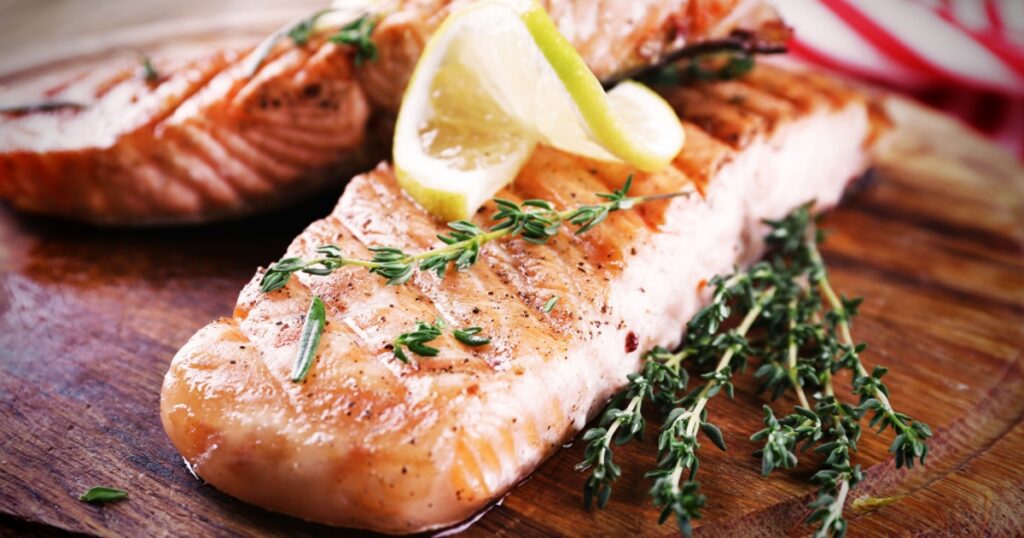
Despite the fair share of dietary constraints kidney disease and diabetes pose, there’s a longer list of nutritious options still available. Try incorporating lean poultry, fish, fruits like berries and apples, vegetables like cauliflower and onions, and carb sources like whole grain bread and pasta as cornerstones of a well-rounded, kidney-friendly diet. Having an open and consistent dialogue with healthcare professionals is also extremely helpful in filling in any gaps in creating a balanced meal plan tailored to your specific needs.
The Bottom Line
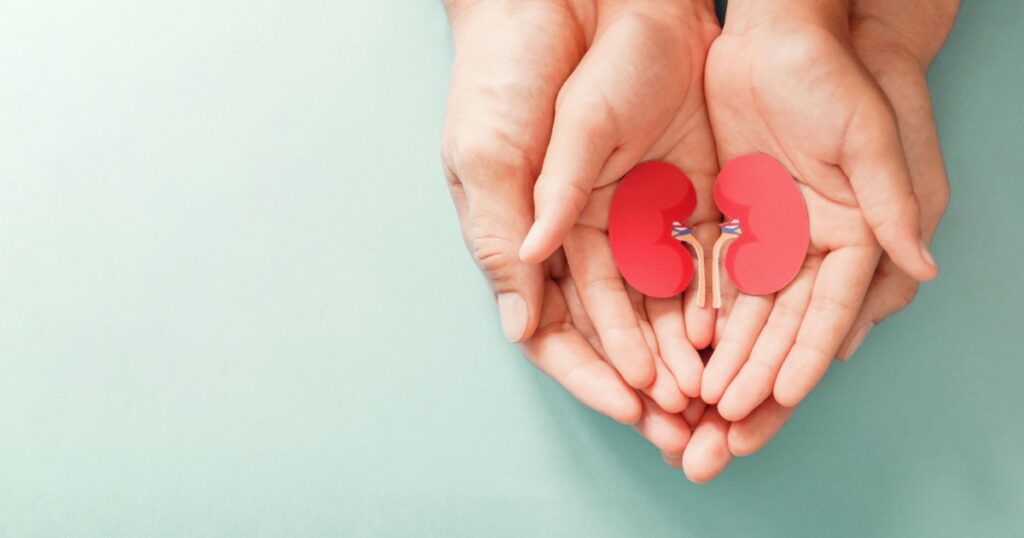
Navigating kidney disease and diabetes requires informed dietary choices. By avoiding foods high in sodium, phosphorus, potassium, and sugar and limiting alcohol intake, you’ll be able to mitigate the risks these conditions pose. Talk to your doctor and dietitian (if you don’t have one, we encourage finding one), as everyone’s specific dietary needs are different. With good dietary management, one can live a healthy, balanced lifestyle while improving overall well-being and quality of life.
Read More: How Kidneys, Skin, and Brain Change Every Time You Put On Makeup
Sources
- “5 Foods to Avoid with Kidney Disease and Diabetes.” Healthline. Ryan Raman, MS, RD. May 3, 2023.
- “Diabetes and Kidney Disease: What to Eat?” CDC
- “Eating Right for Chronic Kidney Disease.” NIDDK
- “Dietary tips for people with kidney disease and diabetes.” Medical News Today. Flynn Williams. February 10, 2023.
